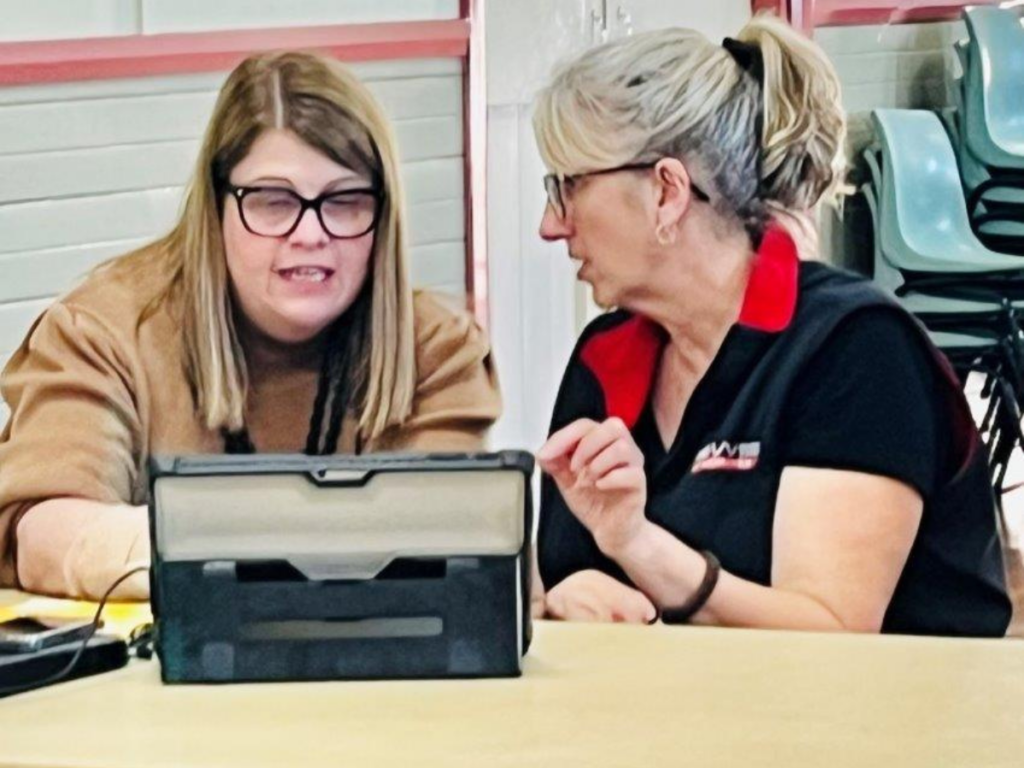Foundation for Rural & Regional Renewal (FRRR)
In March 2021, the Hawkesbury-Nepean region on the NSW Central Coast was hit with major flooding, affecting low-lying areas along the river. The flood caused major disruption and many of the lower lying areas were home to some of the most socially vulnerable members of the community. The situation was exacerbated by the fact the floods followed the 2019/20 bushfires, February 2020 flood and COVID. This meant the community had little resilience to respond when the March 21 flood came along.
While there were many issues that emerged, four smaller, more remote communities experienced particular challenges, as they had limited, if any, mobile or internet coverage and are located away from centralised services. This impacted the communities in accessing supports to assist in their recovery journeys, using internet and online platforms.
The Hawkesbury City Council plays a pivotal role in recovery and preparedness in the region and identified this as an issue.
They received a $14,836 grant through FRRR’s Rebuilding Futures program, funded by Suncorp Group, to have accessible technology established in community hubs across these four remote areas – Bilpin, Colo, St Albans and Wilberforce.

The Council used the grant to purchase IT infrastructure such as laptops, tablets, projectors, screens, cameras and associated software. They also improved the internet connection into these four hubs using satellite hardware, installed via co-contributed Council funds. The Council used their existing relationships with community leaders, organisations, citizens groups and emergency services to make sure that the grant resources went to the people who needed them most.
The overall result was improved community access to technology, allowing community members to connect with each other; access online appointments and government portals; and connect with recovery and community support services.
An additional benefit is that users can also access ‘tech-savvy’ Council staff who work in these community hubs four days per week. These staff members share their knowledge and ability with technology through training and support to lesser-abled community members. Further development has seen the evolving partnership with the library team, Department of Primary Industries and the Digital Literacy Foundation providing further training on topics such as online safety, flood recovery agronomy, and digital literacy topics, respectively.
The ’silver lining’ of implementing the project during challenging times, as noted by Council staff member Liz Murphy, is that this grant has enabled them to contribute positively towards ongoing, sustainable change in the community. The effects of this grant will continue to be felt long after this grant has been expended and has attracted additional support for the community.

